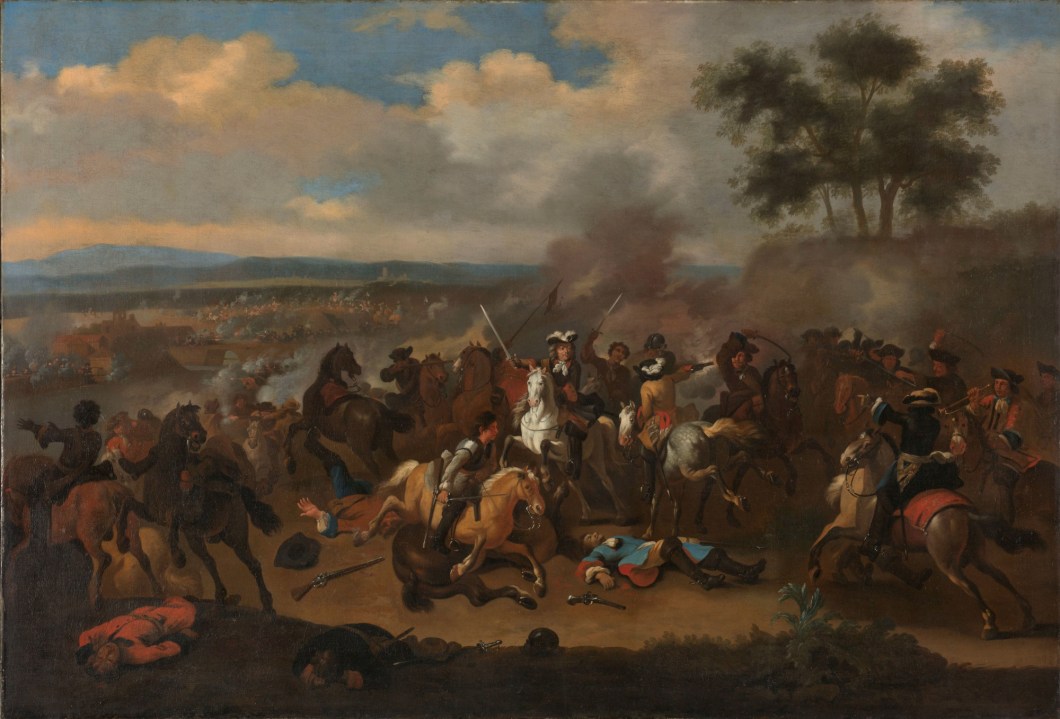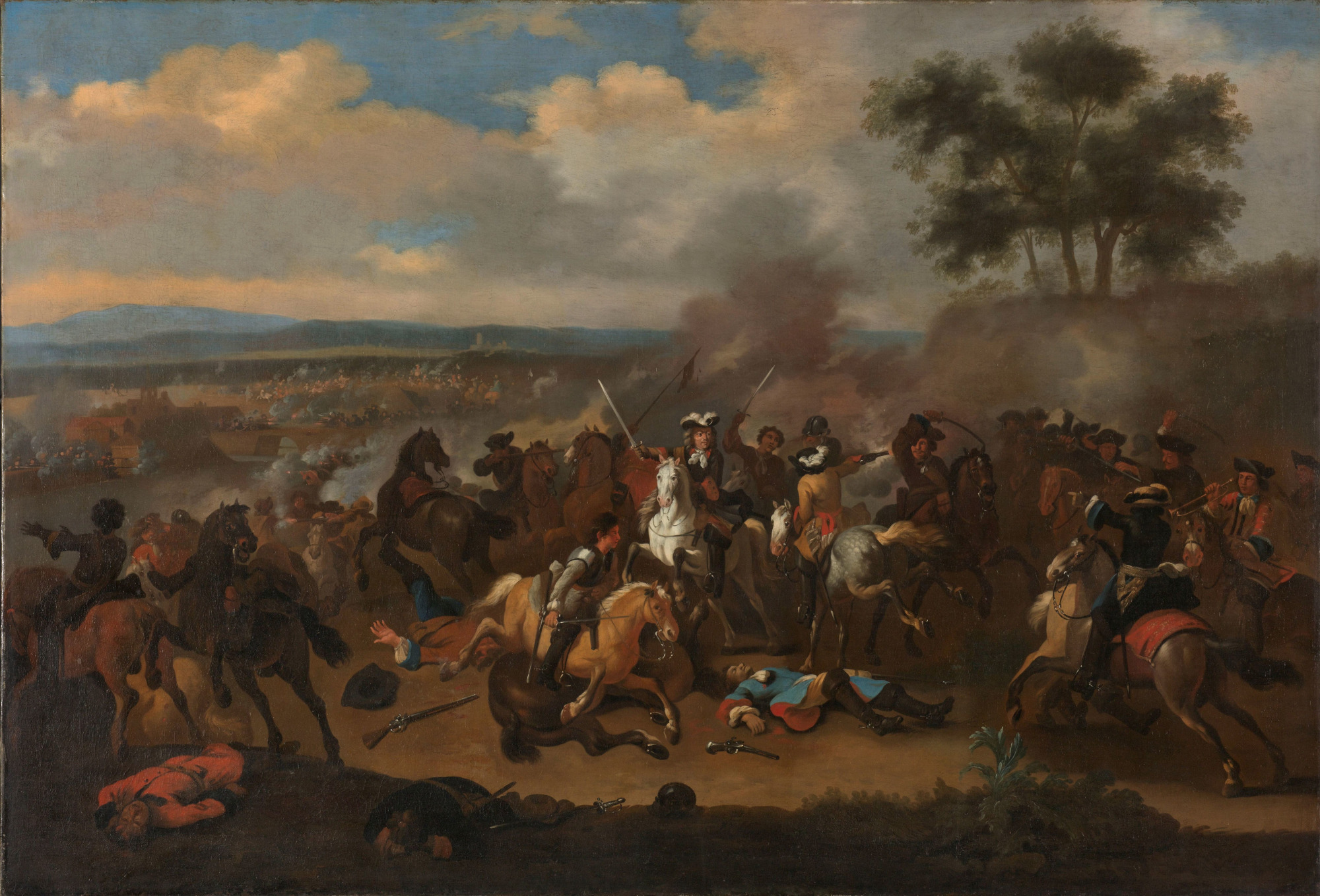British schoolchildren spend more time learning about the American civil rights movement than the English Civil War. An entire generation has been taught, by omission as much as intent, to believe that our past and shared inheritance has little value, and that Britain has been a force for ill in the world.
The Twelfth is a celebration of the freedoms secured for all British subjects
This is a serious problem for the country. Only a self-confident people, unashamed of their past, can hope to build something of value today. We need a historical vision that stretches beyond the HMS Windrush’s arrival in 1948.
Could the Battle of the Boyne, which celebrates its 335th anniversary today, fill that void? The battle, 30 miles north of Dublin, was the last stand of James II in his quest to regain the British throne, and his defeat cemented the legacy of the Glorious Revolution.
Yet despite its significance, most of the country will ignore this anniversary, leaving Ulster alone to celebrate with a Bank Holiday on Monday. This is a mistake – this historical triumph should be proclaimed across the entire nation.
The Glorious Revolution was remarkable because, prior to James II’s attempt to regain his throne in Ireland, it was bloodless and had mass support. King James II had attempted to overturn the promise of the post-Civil war restoration and pursue dictatorial rule, bypassing parliament and packing institutions with Catholic loyalists. Rightly enraged, English nobles invited William of Orange – or as we call him, Good King Billy – to claim the British throne and restore parliament.
When he landed in Torbay in 1688, King Billy explained that he was here for liberation, not conquest. He vowed to restore the liberties of the English people, to return power to Parliament and to the people.
Recognising the public mood, James II fled and parliament offered the throne to William. Within a year of his coronation, a Bill of Rights was introduced delivering basic freedoms for all subjects of the English throne. It guaranteed free and regular elections, the right of subjects to dissent, and the principle of justice exercised by a jury of one’s peers.
A slew of reforms followed, enabled by King Billy ceding ultimate authority to the people through parliament. The Toleration Act protected religious minorities, the abolition of the Censorship Act empowered the free press, and the Mutiny Act handed military authority from King to parliament.
Within a century of the Boyne, the newly formed American Republic would enshrine the principles of the Glorious Revolution in their Constitution. The 1948 United Nations Declaration of Human Rights reasserted many of the same ideals for a global audience.
To celebrate the Battle of the Boyne, this weekend I am in Kilkeel, a County Down fishing town and a stronghold of the Orange Order.
The celebrations begin on the evening of the eleventh with towering bonfires, reminiscent of those lit by Irishmen to welcome King Billy to Ireland and to guide his men on their way. The Twelfth itself has marching bands, fairs and speeches. The streets throng with spectators and nearly 3,000 people attend. The Belfast festivities normally attract well over 100,000 people.
Some would argue that the Battle of the Boyne is too Protestant to become a national holiday. Yet whilst the Orange Order is a Protestant fraternity, it is an oversimplification to characterise the Boyne, and the Glorious Revolution, as victories for Protestantism alone. Whilst many of William’s supporters were driven by their faith, one should not forget that his side quietly had the Pope’s blessing. The Twelfth is a celebration of the freedoms secured for all British subjects. With many of those freedoms now under threat, not least the right to jury trial, the need to reassert and celebrate this inheritance has rarely been more needed.
The craving for the civic pride embodied by the Twelfth is tangible. Anecdotally, I know of multiple Englishmen, with no connection to loyalism, who have travelled to Ulster for the Twelfth, and more who are planning to do so next year. There is a huge appetite to feel pride in being part of a history that changed the world for the good.
As England seeks to rediscover its past, the Glorious Revolution would be a good place to start. We are a people with a past to celebrate. Let Ulster be the inspiration.








Comments